In the era of rapid technological development, the trend of using artificial intelligence (AI) to create images is spreading on social networking platforms, attracting the attention of many users, especially young people. Photos created from AI are highly creative, serving the purpose of entertainment, personalizing content and expressing personality. However, behind that appeal are potential risks to security and information safety.
Entertainment or potential trigger?
According to Hanoi Police, recently, there has been a trend of using artificial intelligence (AI) to create images, attracting the attention of many users. Although mainly for entertainment purposes, the spread of these images poses many potential risks, directly affecting information security and safety, especially during the 80th anniversary of the August Revolution and the National Day of September 2 of the country.
Currently, users can easily access and create images through AI software and use these images as avatars, news, and articles on social networks such as Zalo, Tiktok, Facebook, etc. However, if users are not careful, politically insensitive, and do not control the images generated by AI, they may use inaccurate images such as images of a map of Vietnam lacking information about the Hoang Sa and Truong Sa archipelagos; images that are not suitable for Vietnamese people. Using these inaccurate images will greatly impact public opinion on cyberspace and can form a false perception about border sovereignty issues as well as history and national cultural traditions.
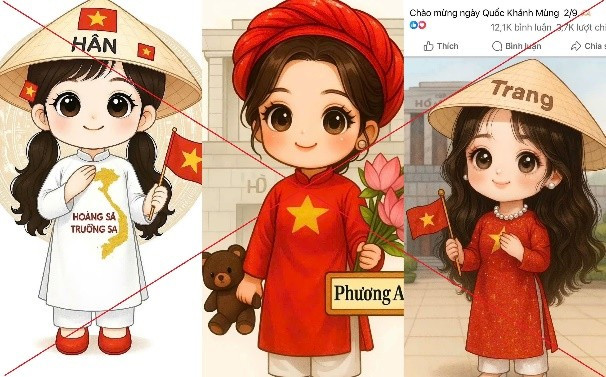
A social media user in Hanoi used AI software to create a photo of an ao dai with a map of Vietnam printed on it, then posted it on TikTok to respond to the “national pride” trend. However, the image created by AI was missing the Hoang Sa and Truong Sa archipelagos. The post quickly went viral, attracting thousands of views and shares, but also met with strong reactions from the online community. Authorities have stepped in, demanding the content be removed and warning against spreading false information related to national sovereignty .
Warning from authorities
According to Mr. Vu Ngoc Son, Technical Director of Vietnam National Cyber Security Technology Company - NCS, in recent times, AI and AI-based applications have been developing very strongly in many areas of life. ChatGPT is actually an application that is easily accessible to most people who are not IT professionals, so it quickly created a fever.
In terms of technology, ChatGPT is not a breakthrough compared to other existing AI-based technologies, but in terms of data, ChatGPT has been very successful when based on a huge amount of data in many fields, making users feel like "they know everything". That is also the attraction of ChatGPT up to this point.
In terms of security, ChatGPT itself was created to provide a question-and-answer service, so the biggest risk is whether the content that ChatGPT answers users will be controlled or "poisoned" by someone to make ChatGPT provide false information. Currently, there is no evidence that ChatGPT can be attacked, because the input data is being controlled, screened, and even labeled by humans by this company, so the above risks have been limited. However, in the future, when this service continues to expand, the demand for additional input data increases dramatically, the risks of data control will require manufacturers to have tighter security measures.
AI software can bring many benefits, including the ability to create attractive, creative images, but if used irresponsibly, it can become a “double-edged sword”. The Department of Cyber Security and High-Tech Crime Prevention, Hanoi City Police recommends that people:
1. Absolutely do not create and use images of Vietnam's map or images that are incorrect, violate legal regulations, or are inconsistent with Vietnamese traditions, customs, and culture.
2. Regularly share warning information with relatives, friends and the community to raise awareness and prevent plots and tricks of hostile forces. Do not let subjects take advantage of major political events of the country to commit illegal acts.
3. Be cautious when installing and using unverified AI applications to avoid the risk of having your personal data collected.
4. Have a sense of responsibility to yourself and the community when participating in activities on social networks.
Violations will be strictly handled according to the provisions of law.
As a user, each individual needs to have a clear sense of responsibility when participating in cyberspace. “Catching trends” should not be exchanged for ignorance or unintentionally supporting wrongdoings. As for the media, the task is not only to report news but also to orient public opinion, contributing to protecting the truth and national values.
Source: https://khoahocdoisong.vn/can-trong-voi-anh-tao-tu-ai-khi-an-ninh-thong-tin-bi-de-doa-post2149050868.html



![[Photo] Giant pipeline leading water to West Lake, contributing to reviving To Lich River](https://vphoto.vietnam.vn/thumb/1200x675/vietnam/resource/IMAGE/2025/9/10/887e1aab2cc643a0b2ef2ffac7cb00b4)

![[Photo] Prime Minister Pham Minh Chinh chairs the 20th meeting of the Steering Committee for important national projects and works](https://vphoto.vietnam.vn/thumb/1200x675/vietnam/resource/IMAGE/2025/9/10/e82d71fd36eb4bcd8529c8828d64f17c)
![[Photo] President Luong Cuong hosts state reception for Governor-General of Australia](https://vphoto.vietnam.vn/thumb/1200x675/vietnam/resource/IMAGE/2025/9/10/a00546a3d7364bbc81ee51aae9ef8383)






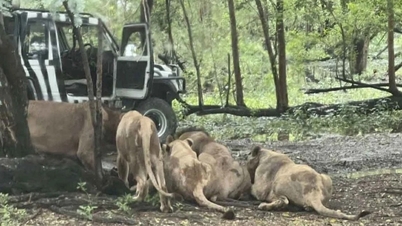


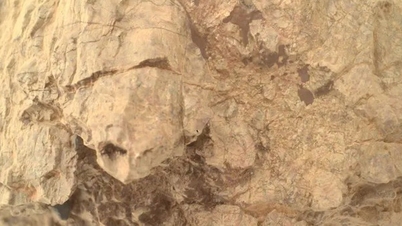



































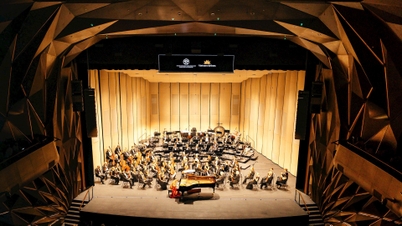



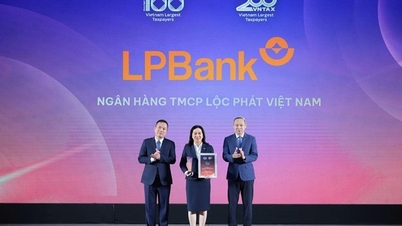
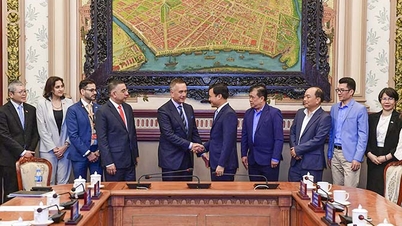














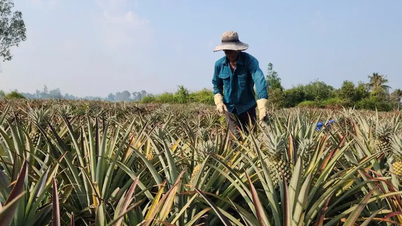

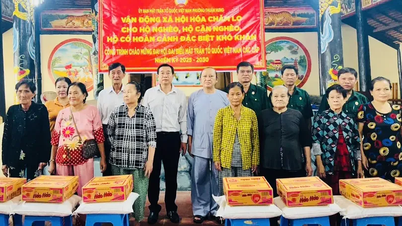

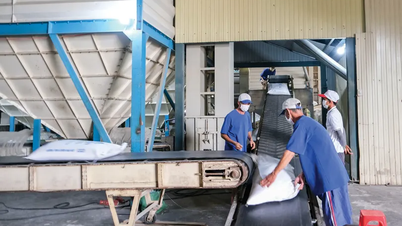





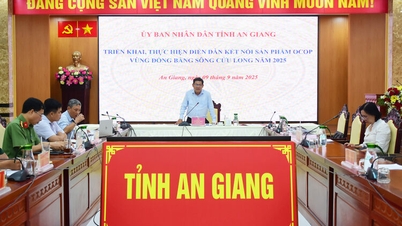








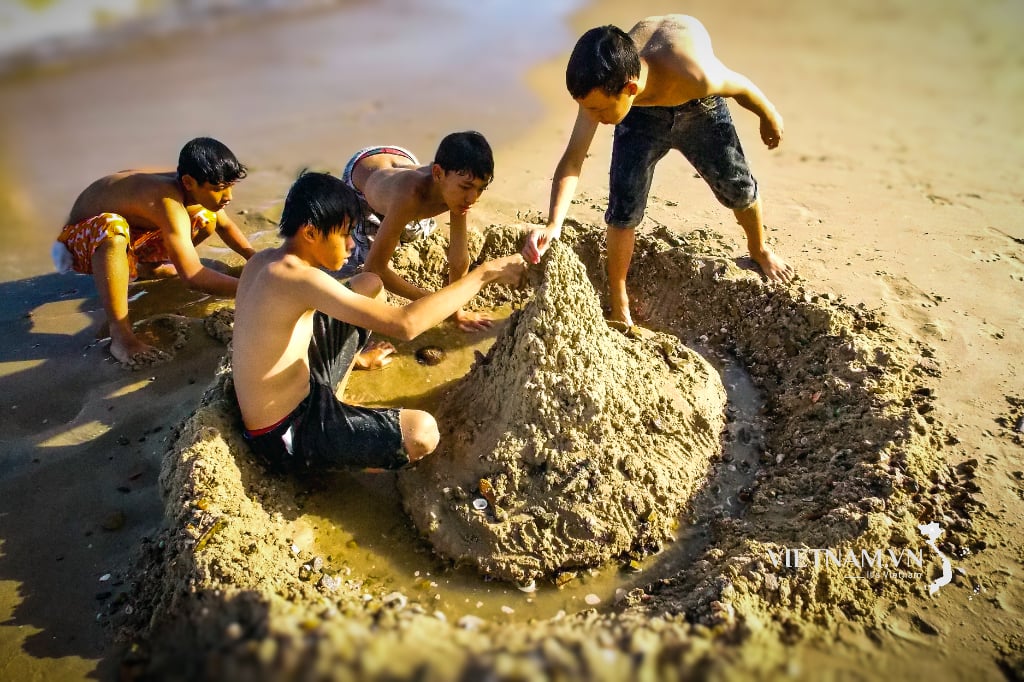


Comment (0)